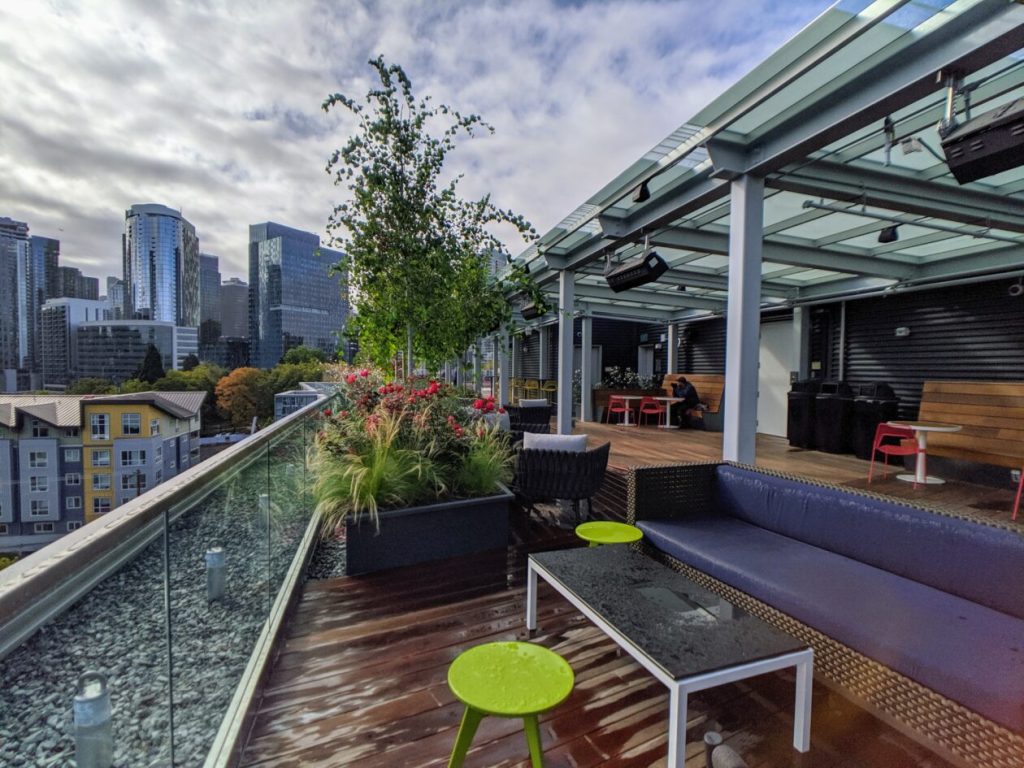Apple’s substantial lease agreement in Seattle signifies a notable shift in the city’s commercial real estate landscape, particularly in the wake of the pandemic’s impact on office spaces. The tech giant’s commitment to a 193,000 square-foot space in the Arbor Blocks 333 building, previously occupied by Meta, marks the largest lease in Seattle since 2019, a period preceding the widespread adoption of hybrid work models. This move underscores Apple’s continued investment in Seattle as a key engineering hub, aligning with its previously announced plans for significant expansion in the city. The transaction also highlights the ongoing evolution of office space dynamics, with tech companies adjusting their real estate portfolios to accommodate changing work patterns. Meta’s decision to vacate the Arbor Blocks 333 building, facilitating Apple’s direct lease, exemplifies this trend.
Apple’s expansion in Seattle, projected to reach 2,000 employees, reinforces the city’s status as a prominent tech talent center. The company joins a growing list of over 100 tech companies with engineering outposts in the Seattle area, drawn by the region’s rich pool of skilled professionals. This influx of tech presence further solidifies Seattle’s position as a competitive player in the national tech landscape. The Arbor Blocks 333 location, situated in South Lake Union, places Apple in close proximity to other major tech players, including Amazon, fostering a dynamic and collaborative environment. This strategic positioning allows Apple to tap into the vibrant tech ecosystem and access a readily available talent pool.
The pre-pandemic timing of the previous largest lease underscores the significant impact of remote work on office space demand in Seattle. The subsequent rise in vacancy rates, exceeding 30% in some areas, reflects the shift towards hybrid and remote work models adopted by many companies. Apple’s substantial lease, amidst this backdrop, signals a potential turning point in the Seattle office market, suggesting a renewed demand for physical office space, even in the evolving landscape of work arrangements. The deal also signifies confidence in the long-term value of physical office spaces, despite the prevalence of remote work.
Meta’s decision to terminate its lease at Arbor Blocks 333, seemingly to accommodate Apple’s expansion, reflects the dynamic real estate strategies employed by tech companies in adjusting to evolving workplace needs. While Meta maintains a significant presence in the Seattle area with other offices, this move suggests a recalibration of its space requirements. The transition from a sublease listing to a direct lease with Apple indicates a strategic decision by Meta to optimize its real estate portfolio. This illustrates the fluidity of real estate transactions in the tech sector, where companies adapt their space utilization based on evolving business needs and workforce dynamics.
The concentration of tech companies in the Seattle area, including recent expansions by Zoom, OpenAI, Snowflake, ByteDance, and Pokémon in nearby Bellevue, underscores the region’s continued attractiveness as a tech hub. This clustering effect creates a vibrant ecosystem of innovation and collaboration, benefiting both established companies and emerging startups. The proximity of these tech giants fosters a competitive environment that drives innovation and attracts top talent. The ongoing expansion of tech companies in the Seattle area contributes to the region’s economic growth and reinforces its position as a leading technology center.
Apple’s significant lease in Seattle represents a noteworthy development in the commercial real estate market, signaling a potential resurgence of demand for office space amidst the evolving landscape of work arrangements. The deal underscores Apple’s commitment to Seattle as a key engineering hub and highlights the city’s continued attractiveness as a destination for tech talent. Meta’s role in facilitating the lease by vacating the Arbor Blocks 333 building exemplifies the dynamic real estate strategies employed by tech companies in adapting to changing workplace needs. The overall trend of tech expansion in the Seattle area further solidifies the region’s position as a thriving tech center, fostering innovation, collaboration, and economic growth.


